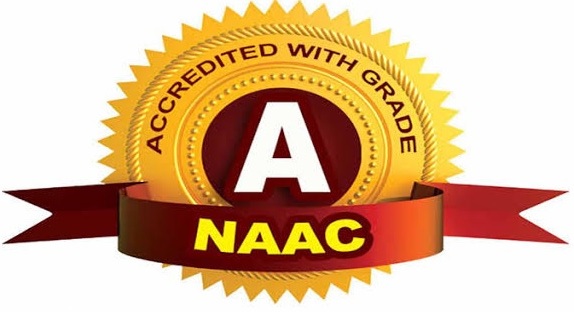Internal Quality Assurance Cell for College
Quality assurance (QA) in medical education is one of the means maintaining or improving standards of medical graduates with required competency to meet the national and international standards. health care delivery. Those who have responsibility for training health care personnel to deliver quality health care are therefore have a greater goal of achieving universal health care. Medical colleges engaged in training/ educating the doctors of the future have responsibilities, not only to the management, employers of medical graduates and licensing authorities but ultimately to the society at large.
Aims of quality assurance scheme are
- to support academic staff’s professional development
- to enhance job satisfaction
- to improve the performance of the medical college, and
- to provide means of communication between the staff member and the institute.
- IQACC is responsible for promoting public confidence that the quality & standards of the students are enhanced and safeguarded.
- IQACC is responsible for the review of quality standards and the quality of teaching and learning in each subject area.
- IQACC is responsible for the review of academic affiliations with other institutions in terms of effective management of standards and quality of programs.
- IQACC is responsible for defining clear standards as reference that the reviews to be carried out.
- IQACC is responsible to meet the competencies prescribed by the statutory bodies among the holder of a qualification in view respective disciplines (Course outcomes).
- IQACC is responsible to develop program specifications. These standards are set of information clarifying what knowledge, understanding, skills and other attributes a student will have developed through a specific program (Programme specific outcomes).
- IQACC is responsible to develop quality assurance processes and methods of evaluation that quality of provision and standard of awards are being maintained and to foster curriculum, subject and staff development together with research and other scholarly activities.
- IQACC is responsible to ensure that the institute’s quality assurance procedures are designed to fit in with the arrangements in place nationally for maintaining and improving the quality of higher education.
- Annual Report preparation based on NAAC requirements in both hard and soft copies.
- Individual faculty to go for accreditation process applicable to their profession starting with National and International standards.
- To set benchmarks and two best practices every year to enhance Quality standards in the area of education, research and services.
- The existing Departmental NAAC Coordinators will continue to function as departmental IQACC Coordinators for delivering data of the departments to IQACC every three months.
- IQACC will convene the meeting every month with minimum 2/3rd members to be present in the meeting for the quorum. The minutes to be forwarded to IQAC.
The quality of education and training programs imparted by the Narayana Medical College are thoroughly assessed (quality-assured), internally and externally, to make sure that the standards are being met and that good practice is being shared. All quality-assurance (QA) processes are efficient, effective, economical, valid, reliable, convenient, fair, competent, flexible, inclusive, accountable and coordinated. The quality assurance is mainly based on three principles of accountability, self- evaluation & external peer review. These principles provide the driving force to Narayana Medical College. The quality of teaching and learning is always under surveillance and feedback from all the stakeholders is an integral component of the operational framework (processes and procedures) by which the MBBS course can be monitored and evaluated.


 CINEC
CINEC